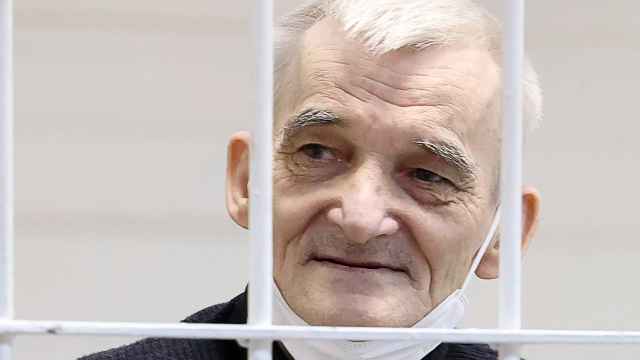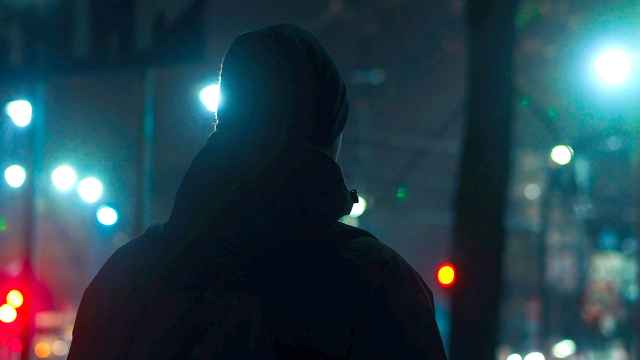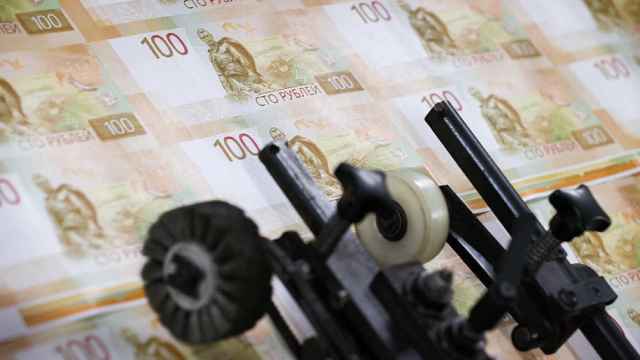Former Yukos CEO Mikhail Khodorkovsky may have flustered some die-hard liberals in Russia by saying in his first media interviews after his release from prison that he supports President Vladimir Putin's goals for a great and indivisible Russia and only disagrees with Putin's methods. He further rattled the liberal circles by branding himself as a Russian nationalist who would be prepared to go to war to prevent any of the North Caucasus republics from seceding.
Both statements are politically astute. They also reveal Khodorkovsky's unbridled ambition, despite his public renunciation of a political career and a legal ban on running for an elected office until 2028 because of his criminal convictions.
Khodorkovsky has shrewdly staked out a position that inoculates him, and anyone who endorses his views, from Putin's attempts to cast any opposition to his rule as patently unpatriotic — "an opposition not to the government but to Russia herself."
Khodorkovsky's point is that the opposition should aim for Russia's greatness, defining it with an emphasis on individual freedom, rule of law and checks and balances on state power. He further argues for a serious devolution of authority from the imperial presidency to the parliament and a political government, eliminating the constitutional framework for a one-man rule. This is a world of difference from the current system.
It is right for Khodorkovsky to emphasize the indivisibility of the Russian state to deflect the Kremlin's spin that the opposition is only seeking to sell Russia on the block. One has to put this silliness away to start a substantive conversation about the country's future.
Nor is it controversial for Khodorkovsky to present himself as a nationalist. He defines nationalism in civic, not ethnic, terms. He understands that to have credibility as a Russian leader, one has to be a nationalist to deny the "patriotism franchise" to dangerous loonies.
Khodorkovsky does not need to engage in party-building to play a major role in shaping Russia's future. His moral authority and managerial competence give him the stature to serve as the assembly point for an alternative elite. The emergence of an alternative ruling class, capable of competently running the country, has been a key factor in the successful post-Communist transitions in Eastern Europe in the 1990s.
For this, Khodorkovsky needs to start publicly laying out his vision for a Russia beyond Putin. Stay tuned.
Vladimir Frolov is president of LEFF Group, a government relations and PR company.
A Message from The Moscow Times:
Dear readers,
We are facing unprecedented challenges. Russia's Prosecutor General's Office has designated The Moscow Times as an "undesirable" organization, criminalizing our work and putting our staff at risk of prosecution. This follows our earlier unjust labeling as a "foreign agent."
These actions are direct attempts to silence independent journalism in Russia. The authorities claim our work "discredits the decisions of the Russian leadership." We see things differently: we strive to provide accurate, unbiased reporting on Russia.
We, the journalists of The Moscow Times, refuse to be silenced. But to continue our work, we need your help.
Your support, no matter how small, makes a world of difference. If you can, please support us monthly starting from just $2. It's quick to set up, and every contribution makes a significant impact.
By supporting The Moscow Times, you're defending open, independent journalism in the face of repression. Thank you for standing with us.
Remind me later.







